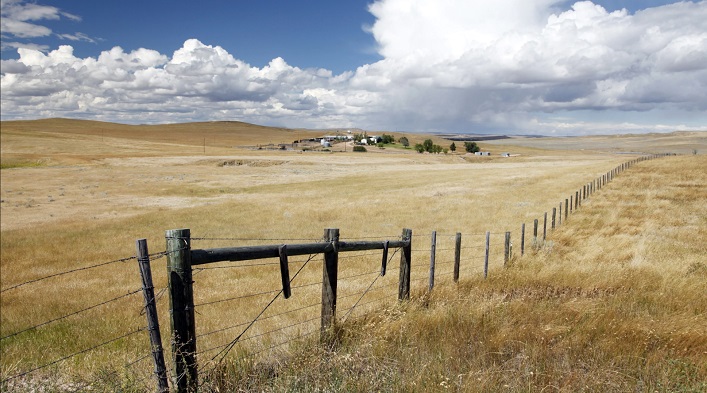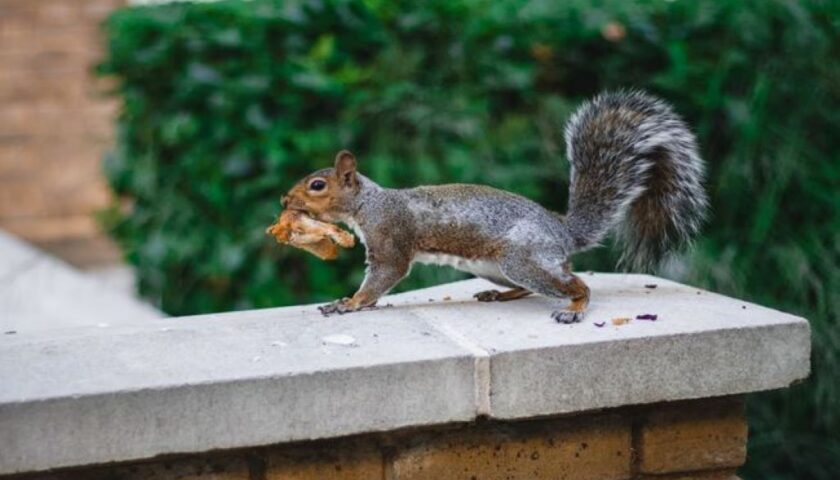Choosing the right fence for wildlife control is essential. You want a sturdy, strong fence that will not be easily broken or pushed over by a wild animal. It would help if you kept some things in mind when constructing a fence; this article will explain them.
Perimeter Fences
Choosing the right perimeter fence for wildlife control is more complex than it sounds. Whether you’re protecting your livestock from marauding deer, defending your property from loose horses, or just keeping humans out, there are several factors to consider when building the best fence for your farm. Some of these factors include the type of material used, the type of fence, the fence height, and how often you intend to keep it in place.
The best perimeter fence for wildlife control is built for durability. If you have livestock or a pet, you’ll want a fence that can withstand abuse. For example, some fence posts can be cut from the ground and replaced. If you’re looking for a cheap option, consider using plastic mesh fencing.
3-D Electric Fences
You have the correct type of electric fence that can control wildlife. The type of wires you use depends on the species. You may also need insulators to keep the wires away from metal posts.
Consider an electric fence to keep deer and other animals away from your property. They’re easy to install and can be used on farms, parks, and other areas.
The most effective electric fences use plain hotStop wires, which have excellent conductivity. If you don’t want to use these wires, you can use plastic or fiberglass posts wrapped with fencing. You can also use a high-voltage charger to supply the current. These fences can also keep rabbits, coyotes, and poultry out of your property.
Precautions When Constructing a Fence
Whether you are planning to use fencing to protect livestock or to deter wildlife from crossing your property, there are several precautions you should take when constructing the fence. These tips will help you minimize the risk of injury or death to your livestock or wildlife.
First, choosing a fence appropriate for the species of animals you are trying to keep out of your property is essential. While some types of fencing are widely accepted by wildlife, others are not. To ensure your fence is wildlife-friendly, you should choose an abrasion-resistant and lightweight material.
Second, you should ensure that the fence is flush with the ground. This is important so that the wires aren’t twisted or bent, presenting a risk of entanglement.
At Least 8 feet High
They are using electric fences to prevent wildlife from entering your property. However, bears can push down most fences.
A good fence is at least eight feet high. It should be made of heavy chain links or woven wire. It should be spaced so that a bear cannot jump through the wires. It should also have a barbed wire to keep a bear from climbing over.
You can also deter bears by installing lights near your property. You can purchase blinking LED lights and attach them to the wire mesh. A separate AA battery pack can power the lights.
Install with High-Tensile Fencing
Keeping feral hogs out of your property is essential to prevent damage to your crops and livestock. Unfortunately, they also threaten wildlife and human health.
One way to keep hogs off your property is to install a high-tensile wire mesh fence. The woven steel mesh is known for its strength and safety. In addition, its fixed knot design is ideal for excluding feral hogs.
Choose a fence with a minimum height of 3 feet for best results. It would help if you also had a good post spacing of at least 4 inches. You should choose a rectangular net wire with four to ten inches of spacing for goats.




